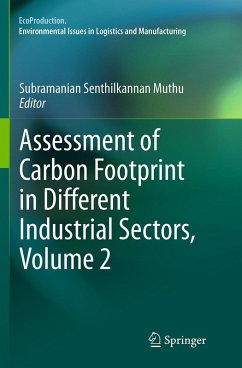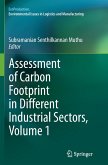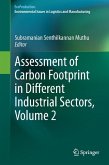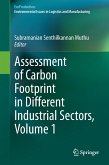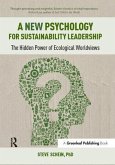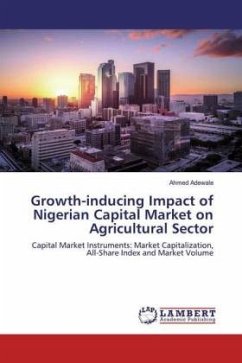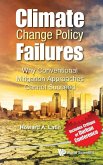Followed by the previous part (Volume-1), Volume-2 of carbon footprint assessment book deals with the assessment of carbon footprint in different other sectors, which were not dealt in the first part. Attention on Carbon footprint is growing day-by-day from the public, government and media. Certainly it is one of the most important topics in the agenda of every nation, which is trying its best to reduce its carbon footprint to the maximum possible extent. Every manufacturing industry or sector would like to reduce the carbon footprint of its products and consumers are looking for the products which emit lower carbon emissions in their entire life cycle. Assessment of Carbon footprint for different products, processes and services and also carbon labeling of products have become familiar topics in the recent past in various industrial sectors. Every industry has its unique assessment and modeling techniques, allocation procedures, mitigation methods and labeling strategies for itscarbon emissions. With this background, volume two of this book has been framed with dedicated chapters on carbon footprint assessment on various industrial sectors, apart from the ones covered in Volume 1. In each chapter, details pertaining to the assessment methodologies of carbon footprint followed in a particular industry, challenges in calculating the carbon footprint, case studies of various products in that particular industry, mitigation measures to be followed to trim down the carbon footprint, recommendations for further research are discussed in detail.
Bitte wählen Sie Ihr Anliegen aus.
Rechnungen
Retourenschein anfordern
Bestellstatus
Storno

